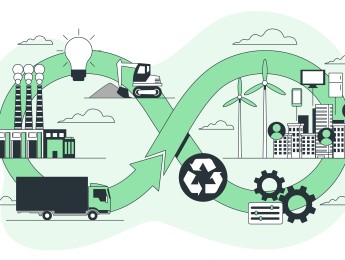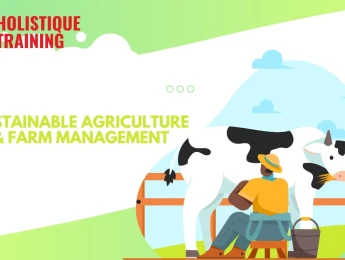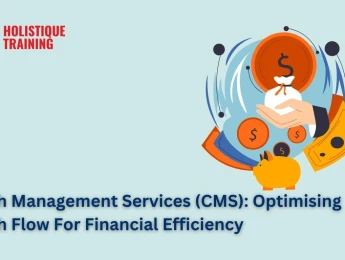This comprehensive course bridges the gap between natural capital, ecosystem services, and renewable energy. It aims to equip participants with the knowledge and tools to understand and manage the interdependencies between ecosystems and energy systems, fostering sustainable development and environmental stewardship.
Upon completion of this course, participants will be able to:
- Understand the principles of natural capital and ecosystem services.
- Analyse the role of renewable energy in sustainable development.
- Integrate ecosystem service valuations into energy planning and decision-making.
- Apply tools and methodologies for assessing and managing natural capital.
- Develop strategies for sustainable energy transitions that support ecosystem resilience.
This course is intended for:
- Environmental and energy professionals seeking to expand their knowledge.
- Energy planners, sustainability consultants,
- Policymakers and government officials involved in sustainability.
- Business leaders and entrepreneurs in the renewable energy sector.
- Academics and researchers focusing on sustainable development.
- Anyone interested in the intersection of natural capital and renewable energy.
No prior GIS or ecosystem services expertise is required, though a basic understanding of environmental science is beneficial.
- The course employs a mix of interactive lectures, hands-on exercises, case study analyses, and group discussions. Participants will engage in practical applications using tools like InVEST and GIS software to solidify their understanding and apply concepts to real-world scenarios. Collaborative projects and peer reviews will foster a dynamic learning environment.
- This course will enhance participants' technical skills and provide strategic insights into sustainable resource management, positioning them as leaders in sustainable development.
Day 5 of each course is reserved for a Q&A session, which may occur off-site. For 10-day courses, this also applies to day 10
Section1: Introduction to Natural Capital and Ecosystem Services
- Definitions and key concepts
- Importance of natural capital in sustainable development
- Case studies: Belize coastal zone management, Myanmar's natural capital
Section 2: Renewable Energy Fundamentals
- Types of renewable energy: solar, wind, hydro, and biomass
- Benefits and challenges of renewable energy adoption
- Global trends and future outlook
Section 3: Tools for Assessing Natural Capital
- Introduction to InVEST and other ecosystem service valuation tools
- Data requirements and GIS applications
- Practical exercise: Using InVEST for watershed management
Section 4: Integrating Ecosystem Services into Energy Planning
- Assessing ecosystem impacts of renewable energy projects
- Mitigation and restoration strategies
- Policy frameworks and regulatory considerations
Section 5: Sustainable Energy Transitions
- Strategies for transitioning to renewable energy
- Role of policy, technology, and community engagement
- Case studies: Renewable energy projects in Europe and Mozambique
Section 6: Developing Sustainable Development Plans
- Creating integrated management plans
- Stakeholder engagement and decision-making processes
- Final project: Developing a sustainable energy plan for a chosen region
Upon successful completion of this training course, delegates will be awarded a Holistique Training Certificate of Completion. For those who attend and complete the online training course, a Holistique Training e-Certificate will be provided.
Holistique Training Certificates are accredited by the British Assessment Council (BAC) and The CPD Certification Service (CPD), and are certified under ISO 9001, ISO 21001, and ISO 29993 standards.
CPD credits for this course are granted by our Certificates and will be reflected on the Holistique Training Certificate of Completion. In accordance with the standards of The CPD Certification Service, one CPD credit is awarded per hour of course attendance. A maximum of 50 CPD credits can be claimed for any single course we currently offer.
- Course Code IND01- 137
- Course Format Online, Classroom,
- Duration 5 days













